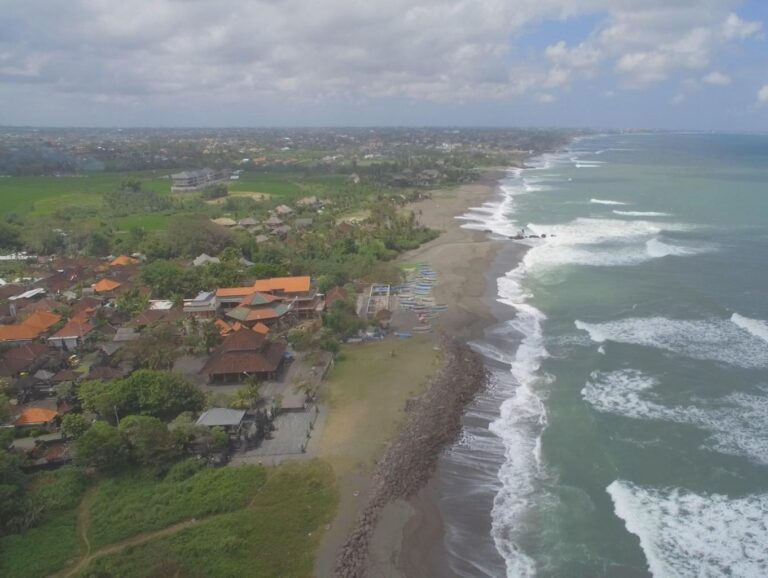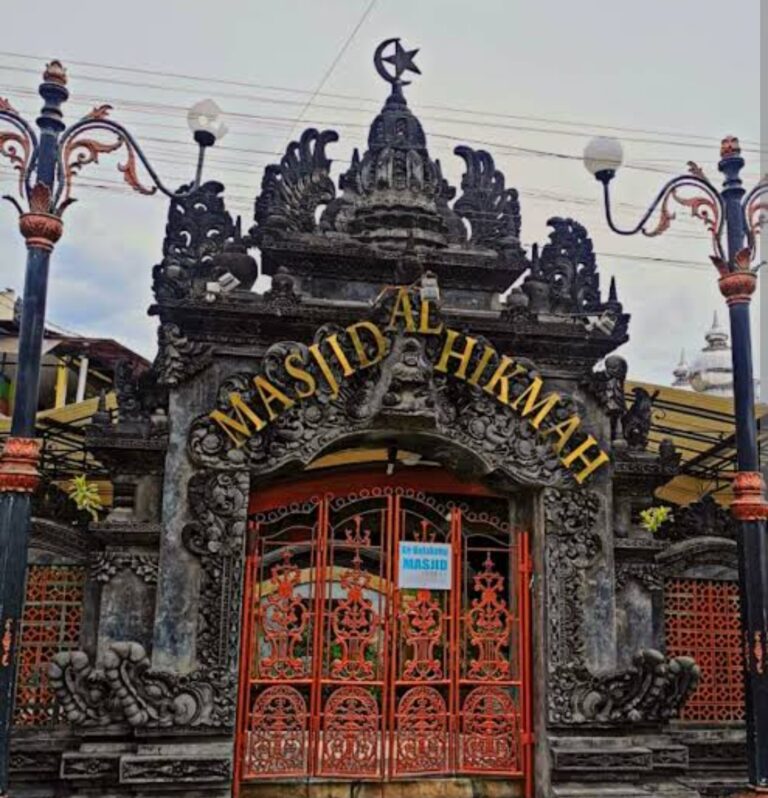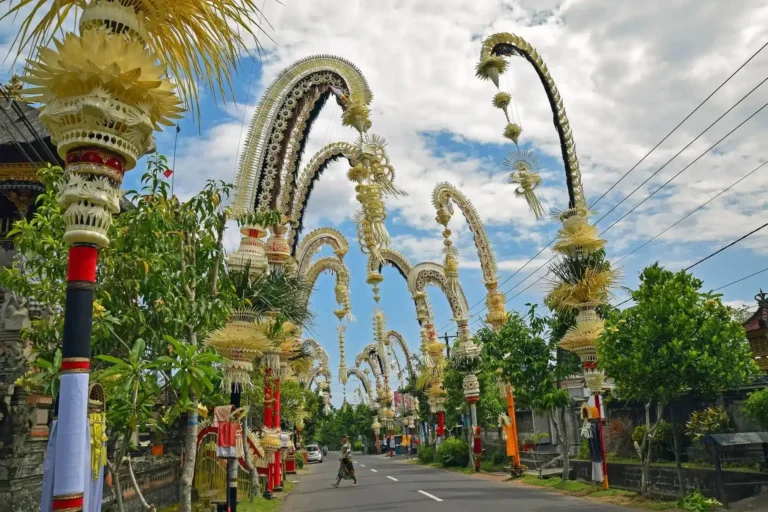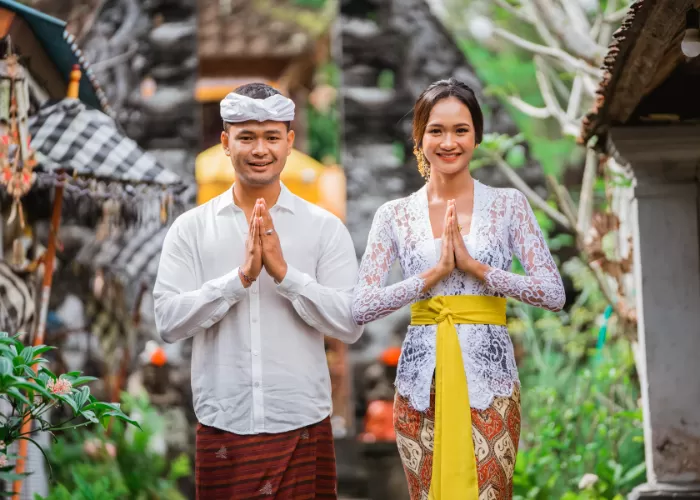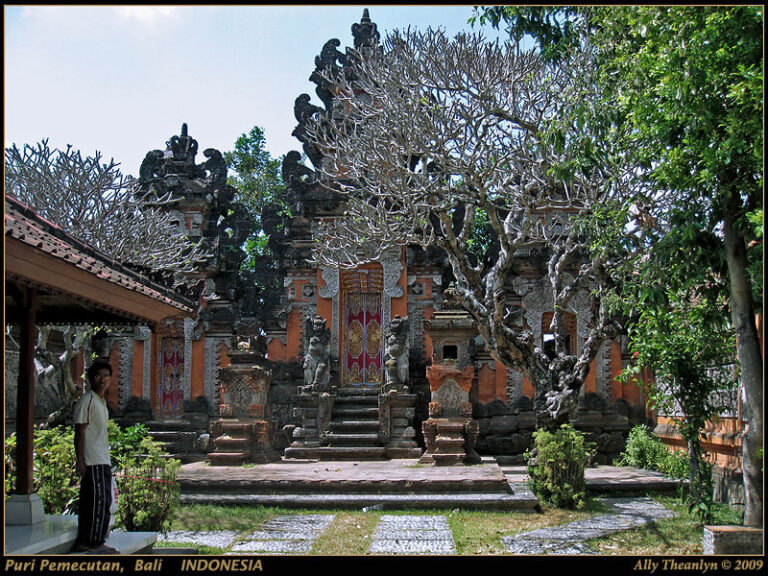
Discover the Majesty of Bali’s Royal Past at Puri Agung Pemecutan
To understand Bali beyond its beaches and modern lifestyle, a visit to its historical landmarks offers a deeper and more meaningful experience. One such destination is Puri Agung Pemecutan, a royal palace that serves as a living testament to the island’s rich cultural legacy. Established in 1686, the palace was constructed using traditional red bricks…


